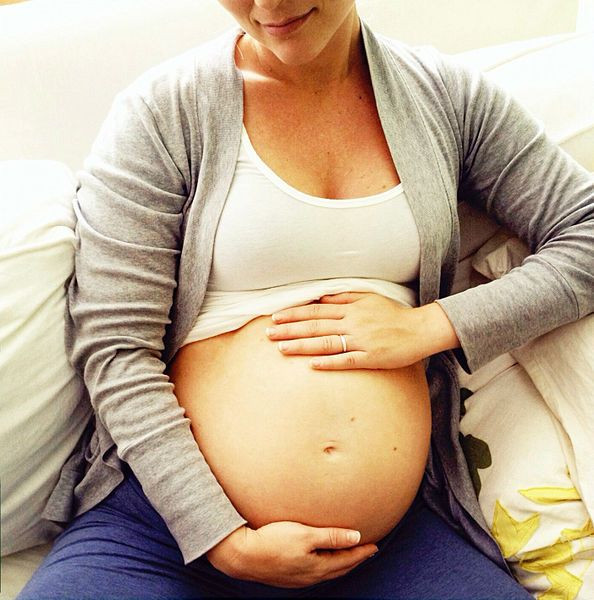Frequently Used Fertility Statistics Are 300 Years Old And May Be Exaggerating Risk Of Pregnancy After 30: Is The Ticking Biological Clock A Myth?

Women over the age of 25 may often hear the phrase “the clock is ticking” at family reunions, weddings, and even on a girl’s night out. Delaying childbirth until one's early 30s and even 40s has been associated with a lower fertility rate. According to the Mayo Clinic, however, many women are delaying pregnancy well into their 30s and beyond, and are still delivering healthy babies. Healthcare professionals will often say that one in three women over the age of 35 will not conceive after a year of trying, but it turns out this statement is based on 300-year-old fertility statistics that may be exaggerating the risk of pregnancy for older women.
Many women are frightened by doctors who reiterate that a woman’s chance of getting pregnant begins to steadily decline after turning 30. "That was very frightening to me, as it is to many women who are in their 30s," Jean Twenge, a psychologist at San Diego State University who wanted to start a family at age 34, told BBC. Twenge sought to unveil the odds that she was up against and find out the source of this commonly cited statistic. She discovered that the statistic is based on 300-year-old fertility data that dates back to the 1700s in France.
"They put together all these church birth records and then came up with these statistics about how likely it was [someone would] get pregnant after certain ages," Twenge said.
In this time period, women did not have access to modern healthcare, nutrition, or even electricity. While these women did not use effective methods of birth control, it remains unknown if these women were even trying to conceive, or if they were avoiding becoming pregnant by not having intercourse.
"There's no doubt that intercourse becomes less frequent the older the couple are, and in the 1700s, people aged more quickly than today," said David James, of the UK's National Institute for Health and Care Excellence, to BBC.
In a study published in the journal Human Reproduction, researcher David Dunson observed 780 women aged 18 to 40 in seven different European countries for their natural family planning. The results of the study showed that 86 percent of women aged 27 to 34 and 82 percent of women aged 35 to 39 would fall pregnant within a year of trying to conceive. James says this modern-day fertility statistic is much more accurate compared to the 300-year-old data still cited by doctors worldwide. “The important point about that was that these were women who were trying to conceive," he said, asserting that this data is “much more realistic.”
Women who do choose to delay pregnancy place their babies at a risk for certain chromosome problems, such as Down syndrome, but the rates of these complications may also be exaggerated. The chance of any chromosomal abnormality in children (of mothers at the age of 30) is one in 400, James told BBC.



























